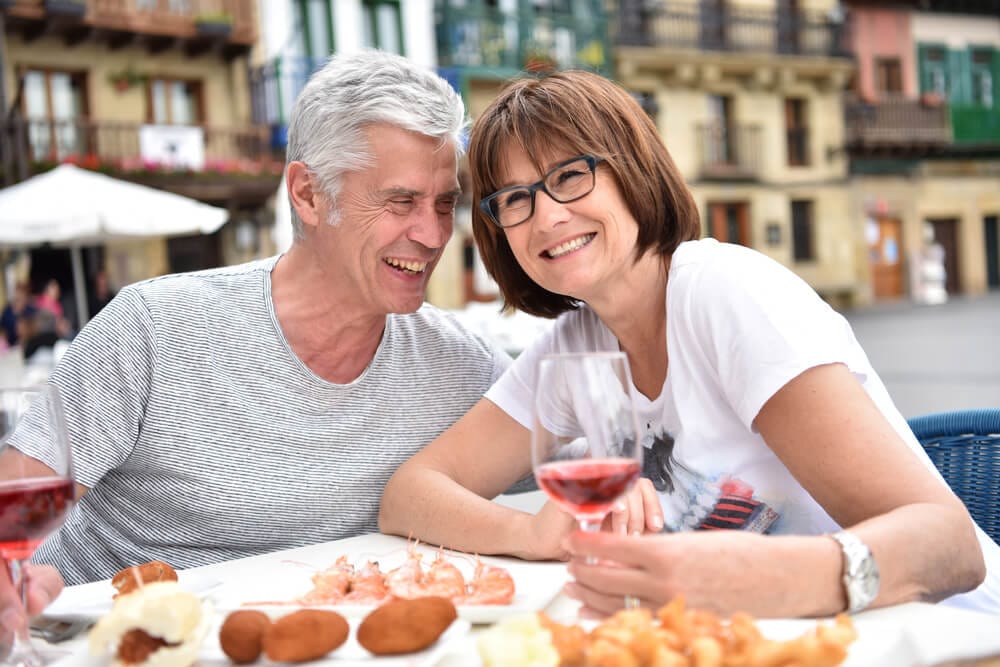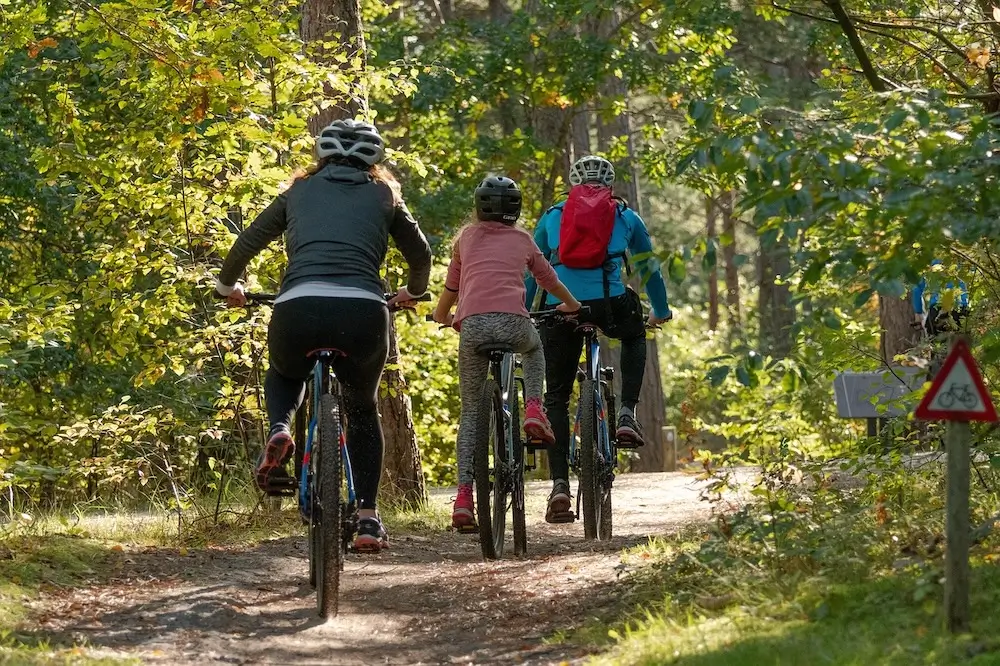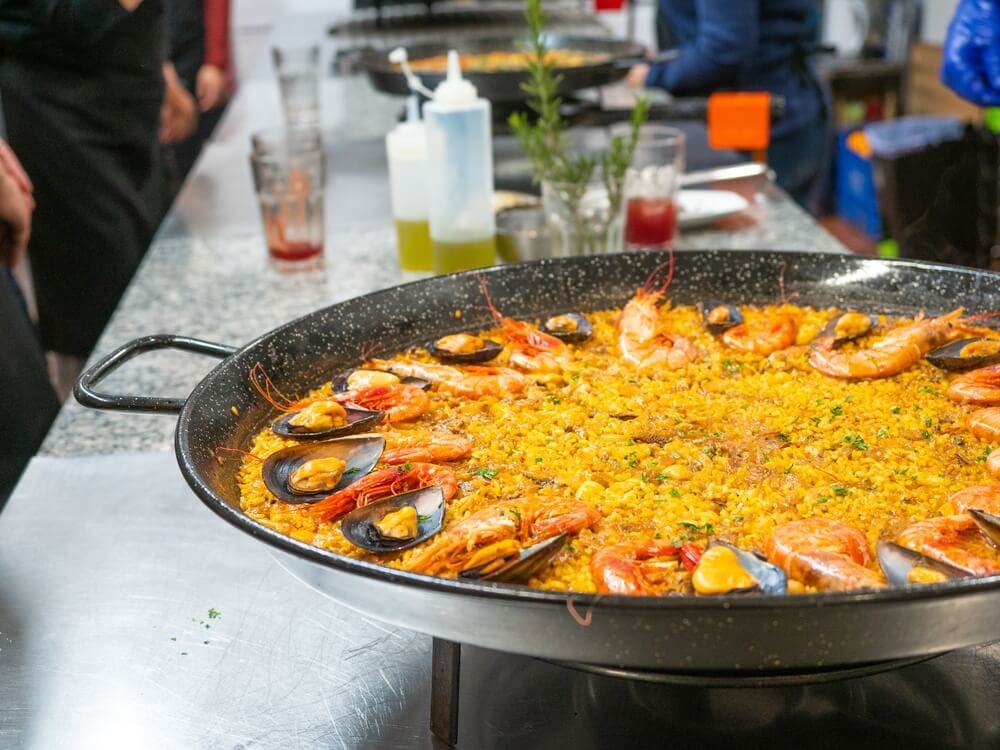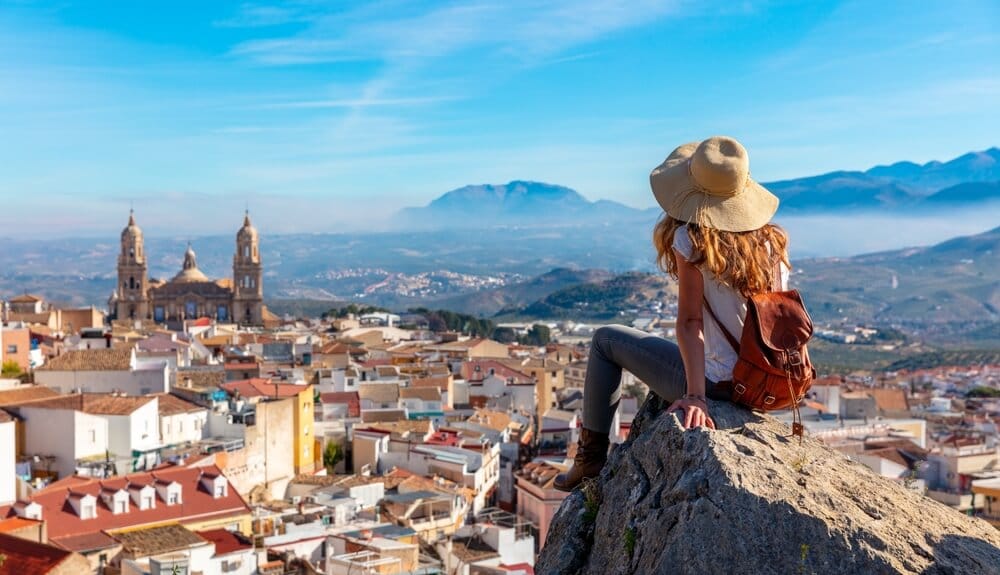
Exploring Jaén: A Journey Through History, Culture, Olive Oil and Natural Beauty
My Journey Begins...
Admist Rolling Hills
Nestled in the heart of Andalusia, Jaén is perched amidst rolling olive groves and dramatic mountain landscapes. The city’s elevated position offers sweeping views of its surroundings, making it a natural gateway to some of the most picturesque regions in Spain. Its proximity to the Sierra Morena and Sierra de Cazorla makes Jaén a hub for nature lovers and outdoor enthusiasts. Throughout history, Jaén’s strategic location has made it a vital stronghold. Its position on the frontier between Christian and Moorish territories during the Middle Ages underscored its importance as a military and trade hub. Today, it continues to serve as a vital link between Andalusia’s coastal regions and its interior landscapes, offering access to both historical landmarks and natural wonders
A Unique Culture
Jaén’s culture is deeply tied to its history and its status as the olive oil capital of the world. Festivals like the annual Fiesta de la Aceituna celebrate the region’s most prized product, olive oil, with vibrant parades, tastings, and cultural performances. The city also boasts a rich artistic heritage, evident in its museums, galleries, and historic architecture. From the echoes of Flamenco to the culinary traditions passed down through generations, Jaén is a living tapestry of Andalusian culture.
The Parador de Jaén: A Historic Stay
Staying at the Parador de Jaén was a dream come true. Perched atop the Santa Catalina Hill, it’s more than just a hotel; it’s a journey into history. Originally a 13th-century Arab fortress, the building was transformed into a parador, blending medieval charm with modern luxury. The views from up there were simply breathtaking—sweeping vistas of Jaén and its endless olive groves. With its impeccable service, exquisite dining, and tastefully preserved historic interiors, I felt like I’d stepped back in time while still enjoying every modern comfort.
Exploring Enchanting Jaén and Beyond
Jaén City: A Blend of Old and New
Venturing into central Jaén, I was immediately captivated by the city’s charm. There’s a seamless blend of the ancient and the modern here, and it’s impossible not to feel the weight of history in every corner.
Cathedral of Jaén: My first stop was the magnificent Cathedral of Jaén. Designed by Andrés de Vandelvira, this Renaissance masterpiece houses the Santo Rostro (Holy Face), a relic believed to bear the face of Christ. Standing inside, I couldn’t help but marvel at the soaring ceilings and intricate details. It’s no wonder the cathedral inspired the design of Lima Cathedral in Peru.
Arab Baths: Beneath the Villardompardo Palace lie the Arab Baths, a stunning reminder of Jaén’s Moorish past. Dating back to the 11th century, they’re among the largest and best-preserved in Spain. Walking through the intricate arches and vaulted ceilings, I could almost hear the echoes of a time long gone.
Jewish Quarter: The Jewish Quarter was another highlight of my visit. Its narrow, winding streets and historic landmarks tell the story of a once-thriving community. It’s a peaceful area, perfect for a leisurely stroll and a step back in time.
Beyond the City
Beyond Jaén city, the province is filled with fascinating places to explore. The UNESCO-listed Renaissance towns of Úbeda and Baeza are a must-visit, boasting grand palaces, historic cathedrals, and an atmosphere that transports you to Spain’s Golden Age. For a deeper dive into Andalusian heritage, head to Baños de la Encina, home to Burgalimar Castle, one of Europe’s oldest and best-preserved Moorish fortresses. Meanwhile, history and nature intertwine in Cazorla, the gateway to the Sierra de Cazorla, Segura y Las Villas Natural Park, where ancient ruins meet spectacular mountain landscapes.
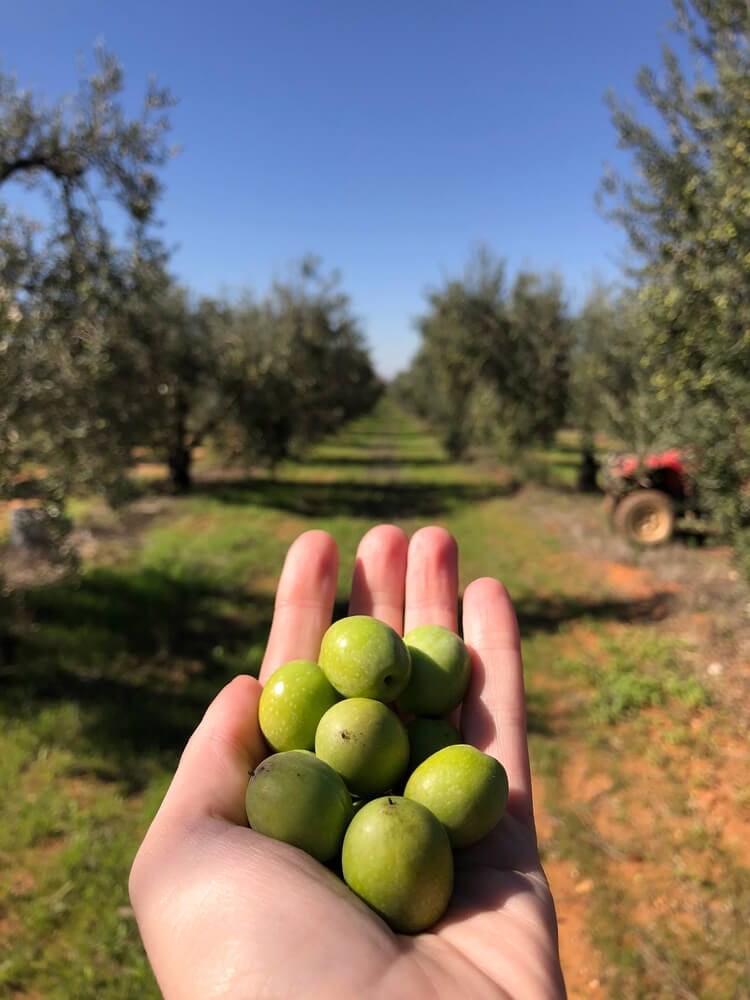
SIGN UP FOR OUR NEWSLETTER OR FOLLOW US ON SOCIAL MEDIA
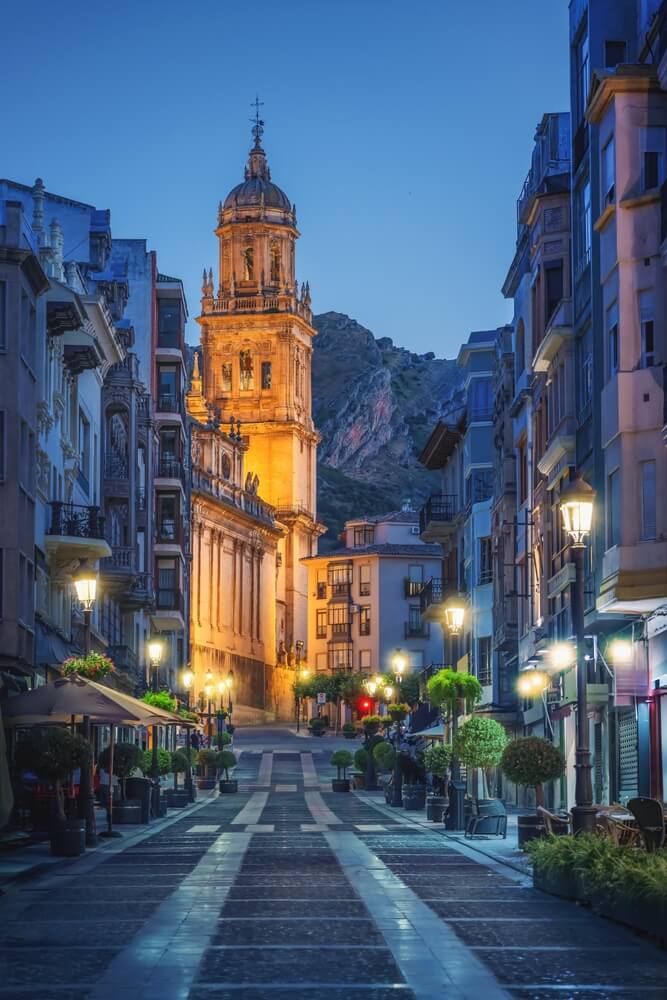
Jaén: The Olive Oil Capital of the World
Liquid Gold!
Jaén is synonymous with olive oil, producing more than any other region in the world. Famous for the annual Fiesta del Aceite de Oliva Virgen Extra, a celebration of the region’s liquid gold. The festival is a sensory delight with tastings, cooking demos, and live music.
My visit to a multi-generational olive grove and producer was a highlight of the trip. Walking among ancient olive trees, some over 1,000 years old, I gained a new appreciation for the art of olive oil production. The tasting was unforgettable, showcasing the incredible diversity of flavors from fruity and light to robust and peppery. These were paired with local tapas—everything from cured ham to delicious local cheese,, all elevated by a drizzle of fresh olive oil.
A Journey Deeper into Olive Oil Country
A short drive from Jaén brought me to Martos, a town synonymous with olive oil production. Known as the “cradle of the olive tree,” Martos is surrounded by lush olive groves that stretch as far as the eye can see. Visiting a local olive grove here was a revelation. I got to understand firsthand the artistry behind olive oil making, from harvesting to cold-pressing. Sampling fresh olive oil paired with, amongst other delights, an array of fresh fruit (yes! Fresh fruit and olive oil works!) was a sensory delight I won’t soon forget.
Cuisine and Culture
Culinary Delights!
Jaén’s culinary scene revolves around its star ingredient: olive oil. Traditional dishes like pipirrana (a refreshing tomato and pepper salad) and ajilimoje (a garlic-based sauce) showcase its versatility. I particularly loved ochios, savory pastries seasoned with paprika and olive oil, and indulging in local desserts like pestiños. One thing remained constant: Jaén’s liquid gold—extra virgin olive oil—drizzled over warm, crusty bread in the morning, enriching slow-cooked dishes, or enhancing tapas in the city’s lively bares de tapas, where a drink always came with a complimentary bite.
True Seasonality
In Jaén, I quickly learned that the region’s cuisine is deeply tied to the rhythm of the seasons, and its restaurants and bars reflect this beautifully. As I visited in autumn, I warmed up with rich stews, game meats, and migas, served with delicious seasonal mushrooms and local sausages. I found out that come the spring and the summer, the vibrant flavors of fresh asparagus, young broad beans, and artichokes, often paired with eggs or delicate cured ham and gazpacho, perfect for beating the Andalusian heat, were on the menu. I left one very happy foodie!
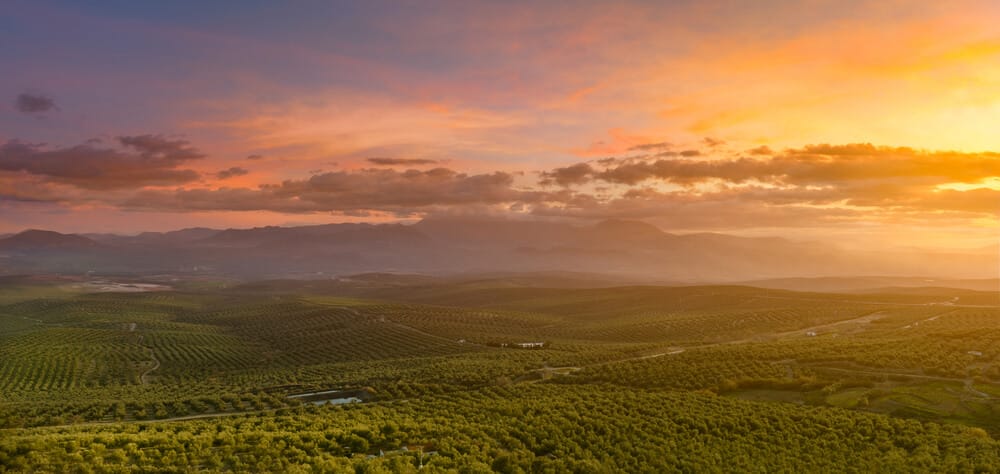
Did You Know..?
Interesting Facts
- Jaén is home to over 66 million olive trees, earning it the title of the “World Capital of Olive Oil.”
- The city’s name originates from the Arabic word “Jayyan,” meaning “crossroads.”
- Jaén’s Cathedral is said to have inspired the design of Lima Cathedral in Peru.
- Jaén has the largest castle complex in Spain – The Castle of Santa Catalina, which overlooks the city, is part of a vast fortress system that once defended the region. It now houses a parador, where visitors can stay the night within its medieval walls
Fun Facts!
- The legend of the Lagarto de Jaén – Local folklore tells of a giant man-eating lizard that once terrorized the city. Today, the Lagarto de la Magdalena is an iconic symbol of Jaén, and the legend is celebrated with festivals and street art
- It’s home to mysterious Iberian archaeological sites – Jaén province boasts some of the best-preserved Iberian settlements and necropolises, such as Cástulo and Puente Tablas, offering a glimpse into pre-Roman civilizations
- Jaén is famous for its free tapas culture – Unlike in many other Andalusian cities, bars in Jaén are known for serving generous free tapas with every drink, making it a paradise for food lovers
My trip to Jaén was nothing short of magical. From the grandeur of its cathedral to the serenity of its olive groves, every moment felt like a discovery. Whether you’re exploring ancient baths, savoring world-class olive oil, or hiking through stunning landscapes, Jaén has something for everyone. Start planning your visit to this timeless destination with Inbound Spain—you won’t regret it!

